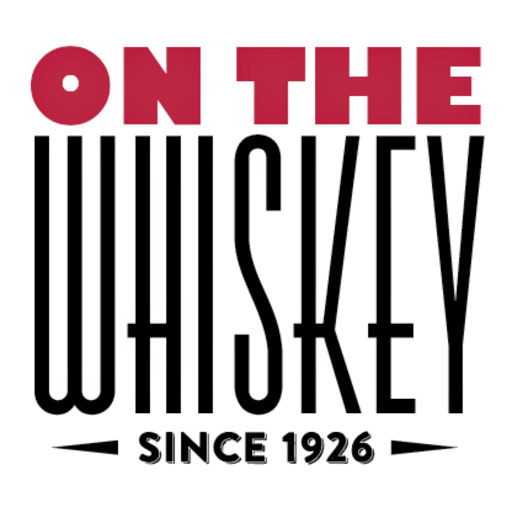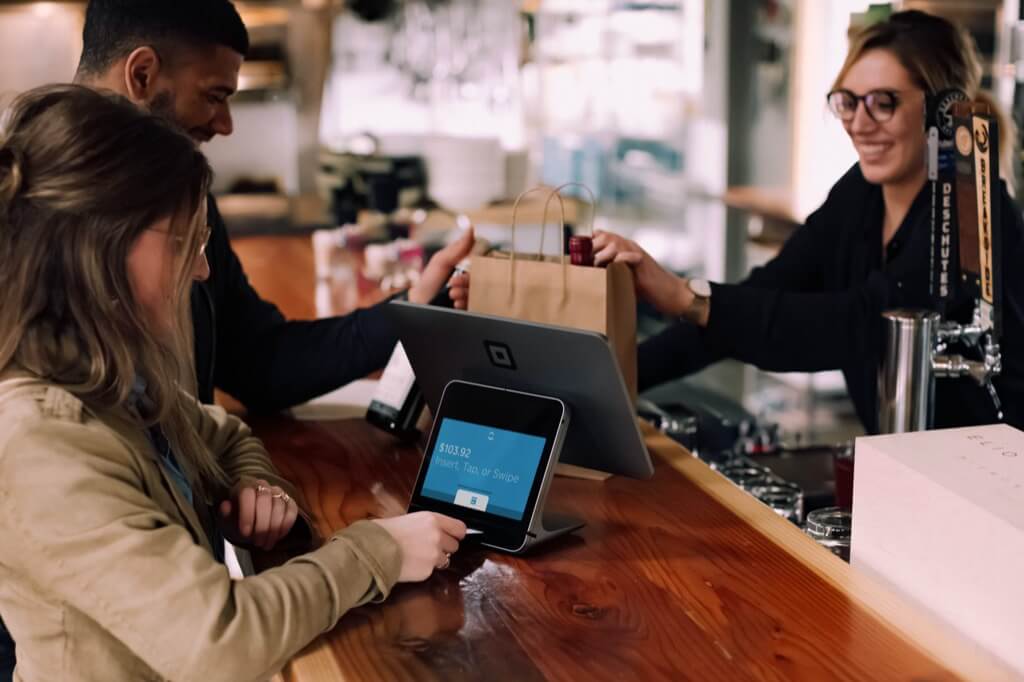Food stamps, officially known as the Supplemental Nutrition Assistance Program (SNAP), play a crucial role in supporting low-income families and individuals. These benefits are aimed at providing access to healthy food options, but not everyone is aware of the precise boundaries of what can and cannot be purchased using SNAP funds. One recurring query revolves around the possibility of using food stamps to buy alcoholic beverages.
The Supplemental Nutrition Assistance Program (SNAP), commonly referred to as food stamps, is a federal program designed to assist low-income families and individuals in accessing nutritious food. These benefits are distributed via Electronic Benefits Transfer (EBT) cards, functioning much like debit cards. SNAP recipients can utilize these EBT cards at authorized merchants, including grocery stores, farmers’ markets, and supermarkets, to purchase specific food items.
However, it’s essential to highlight that SNAP benefits come with clear-cut guidelines and limitations, one of which is the prohibition of purchasing certain commodities such as tobacco and alcohol. Using SNAP funds to acquire these items is not only discouraged but also illegal.
The SNAP program meticulously outlines the eligible food items that can be bought with these benefits. From fresh fruits and vegetables to meat, dairy products, grains, and bread, there’s a wide range of nutritious choices available to SNAP recipients. Conversely, SNAP payments cannot be used for non-food items, including pet food, household goods, or personal care products.
It’s worth noting that not all stores accept SNAP payments. To participate in the SNAP program, retailers must meet specific criteria and undergo certification. Any merchant found to violate the program’s regulations faces immediate disqualification.
While the primary goal of SNAP is to ensure that low-income families and individuals have access to essential food items, the use of these benefits to purchase alcoholic beverages is unequivocally prohibited. The regulations surrounding SNAP benefits and alcohol are stringent and non-negotiable. Although certain exceptions may exist, where EBT cards can be used to purchase prepared meals that might include alcoholic beverages in specific jurisdictions, it is important to emphasize that using SNAP funds to buy alcohol remains illegal.
The repercussions for misusing SNAP funds, particularly when attempting to purchase alcohol, are substantial. SNAP is intended to support low-income individuals and families in obtaining wholesome meals, including essentials like bread, milk, fruits, and vegetables. Misuse of these funds undermines the program’s purpose and can lead to legal consequences. Using an EBT card, akin to a debit card, to purchase items that do not align with the program’s objectives is a violation of SNAP regulations. This misconduct can result in the loss of benefits, financial penalties, and potential criminal charges. Food stamp abuse can have social implications. It can create negative perceptions about government assistance programs, making individuals hesitant to seek help and potentially alienating those who support such initiatives, including taxpayers.
Alternatives for Buying Alcohol

While SNAP benefits cannot be used to buy alcohol, legal avenues for obtaining alcoholic beverages do exist. Here are a few alternatives:
- Purchasing alcoholic beverages with cash is a straightforward method. Individuals with access to cash can procure alcohol from any establishment that sells such products. It’s important to note that some establishments may require proof of age through identification when buying alcohol.
- Many stores that sell alcohol accept credit and debit cards as payment methods. When using these cards, it’s advisable to carry identification to verify your age, as establishments may require it.
- In certain states, gift cards can be used to purchase alcohol. Some liquor stores accept gift cards that can be redeemed for alcoholic beverages. Consult with the store to determine if this option is available.
- Some online retailers accept SNAP payments for alcohol purchases. However, it’s essential to be aware of state-specific regulations, as several states have restrictions on alcohol shipment. Additionally, customers may be required to provide age verification upon purchase.
Before attempting to acquire alcohol through any of these methods, it’s crucial to research and understand the local regulations, which can vary significantly from one state to another. Complying with these rules ensures that you stay within the boundaries of the law while obtaining alcoholic beverages.
Frequently Asked Questions
Q: Can I use my CalFresh benefits to buy wine in California?
A: No, CalFresh benefits cannot be used to purchase wine or any other alcoholic beverage in California. CalFresh is intended exclusively for food purchases.
Q: What can I buy with EBT (Electronic Benefit Transfer) cards, and what are the restrictions?
A: EBT cards have limitations on eligible purchases. Permissible items typically include fresh produce, lean meats, dairy products, and bread. Items not covered by EBT include paper goods, cleaning supplies, pet food, and other non-food items.
Q: Do restaurants accept EBT for meals?
A: In some states, restaurants that participate in the Restaurant Meals Program (RMP) accept EBT cards from the elderly, disabled, and homeless populations. However, the availability of the RMP varies by state, and not all restaurants participate.
Q: What items are not allowed for purchase with EBT cash benefits?
A: EBT cash benefits cannot be used to buy non-food items, including alcoholic beverages, tobacco products, firearms, ammunition, lottery tickets, or any merchandise that is not food-related.
Q: How can I find a list of SNAP-eligible stores in my area?
A: The United States Department of Agriculture (USDA) maintains an online SNAP retailer locator website. By entering your zip code or address, you can locate stores that accept SNAP benefits and find out what types of goods are available for purchase at each store.
Should SNAP Benefits Cover Hygiene Products?
One of the emerging debates related to SNAP benefits is whether they should include coverage for hygiene products. While the program primarily focuses on providing access to nutritious food, proponents argue that hygiene products, such as soap, shampoo, and sanitary items, are essential for maintaining health and well-being. They contend that including these products could help low-income families lead healthier lives and prevent hygiene-related issues. On the other hand, opponents raise concerns about the potential misuse of benefits and argue that SNAP should remain focused solely on food assistance.
SNAP Benefits for Farmers’ Markets Expansion
Expanding the acceptance of SNAP benefits at farmers’ markets is another contentious issue. Advocates argue that allowing SNAP recipients to use their benefits at farmers’ markets can promote healthier eating habits and support local agriculture. They emphasize the benefits of fresh, locally sourced produce. However, critics raise concerns about the administrative burden on small-scale farmers and the need for infrastructure to process EBT transactions in these markets.
Addressing SNAP Fraud and Abuse
While the article touched upon the consequences of misusing SNAP funds, a more extensive debate revolves around how to effectively address SNAP fraud and abuse. Supporters of stricter measures argue for enhanced surveillance and penalties to deter misuse, emphasizing the importance of preserving the integrity of the program. Conversely, opponents raise concerns about potential over-policing and its impact on those who genuinely rely on SNAP. They advocate for a more balanced approach that maintains program accessibility while addressing fraud.
SNAP Benefits and Dietary Education
An important yet under-discussed topic relates to the incorporation of dietary education alongside SNAP benefits. Some argue that providing recipients with information on healthy eating and meal planning can maximize the program’s impact by promoting long-term dietary improvements. Advocates emphasize that education can empower individuals to make healthier food choices and reduce the prevalence of diet-related health issues. However, skeptics question the effectiveness of such programs and the allocation of resources for education within the SNAP framework.
Emergency SNAP Benefits During Crises
The provision of emergency SNAP benefits during crises, such as natural disasters or economic downturns, is an increasingly relevant topic. Advocates contend that expanding SNAP assistance during emergencies can offer vital support to affected families, ensuring they have access to food during challenging times. However, opponents raise concerns about the feasibility of implementing emergency SNAP benefits on a large scale, potential abuse, and the strain on program resources.
While SNAP benefits aim to provide essential nutrition to low-income individuals and families, they come with strict regulations prohibiting the use of funds for alcohol and other non-food items. Abiding by these guidelines ensures that the program continues to fulfill its mission of supporting healthy eating habits for those in need.

